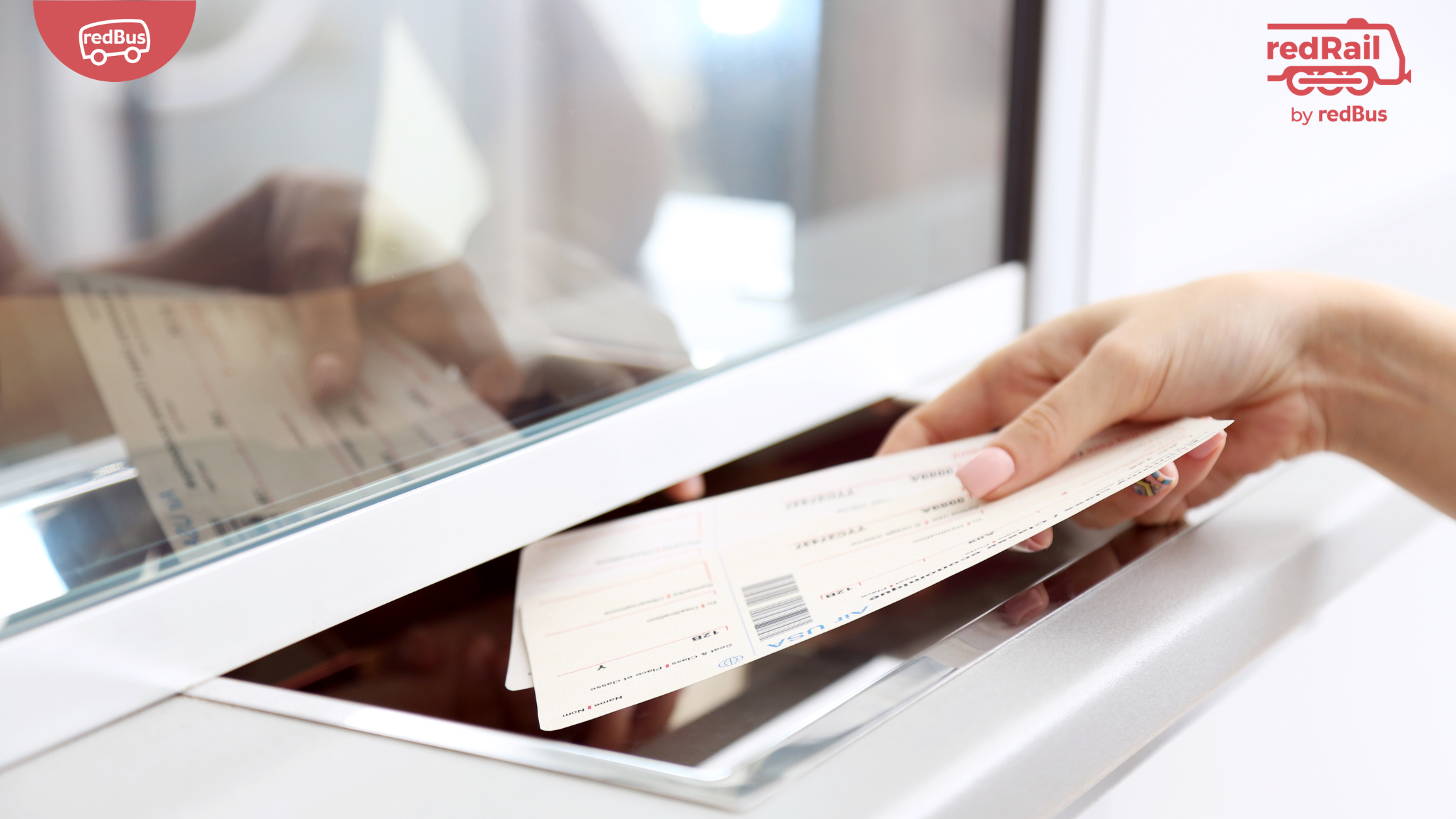If you’ve ever booked a train ticket in India, you’ve likely encountered a series of numbers known as the “Booking ID.” But what exactly is this ID, and why is it so crucial for booking train tickets and other journey-related information? Let us understand the Booking IDs to uncover their significance, how they work, and why they’re indispensable for any train traveller.
What is a Booking ID?
The booking ID is a unique identifier for your ticket transaction. It is a digital fingerprint of your booking details, including your itinerary, passenger information, and payment status. A Booking ID is typically a 10-digit number generated by the Indian Railways computerized reservation system. This number is not just a random sequence; it’s coded information that helps railway systems manage and track bookings efficiently. Here’s what it encompasses.
- Transaction Details: This confirms that the transaction has been recorded in the system.
- Journey Data: It contains specifics of your travel, such as origin, destination, date, train number, and class of travel.
- Passenger Information: It records details about the passengers travelling, including name, age, and berth preference.
- Payment and Quota: It indicates the payment status (paid, unpaid, or cancelled) and the ticket quota under which the booking was made.
Why is the Booking ID Important?
The Booking ID is fundamental for several reasons, serving multiple purposes throughout your travel experience.
- Ticket Confirmation and Verification
Your Booking ID is the primary reference used to verify your booking. Whether you’re checking your ticket status online, making inquiries at the ticket counter, or dealing with any issues regarding your booking, this ID is your go-to reference.
- e-Ticketing and Digital Records
In the era of digital ticketing, the Booking ID is crucial. It allows passengers to use e-tickets, where the ID serves as proof of booking. This is especially handy since you don’t need to carry a physical ticket; simply show your Booking ID on your mobile device.
- Facilitating Changes and Cancellations
Do you need to modify your travel date or cancel your trip? Your Booking ID is essential here. It helps you retrieve your booking details quickly in the system, making changes or processing refunds smoother and faster.
- Travel Management
For frequent travellers or travel administrators managing multiple bookings, the Booking ID helps keep track of different journeys, ensuring that each booking is organized and accessible.
How to Find and Use Your Booking ID
Below is a process for using your booking ID to keep track of journey-related information.
Booking Process
When you book a train ticket online via IRCTC or other booking platforms, your Booking ID is generated and displayed on the screen upon successful booking. It’s also sent to your registered email and SMS.
Using Your Booking ID
- Check PNR Status: Enter your Booking ID on the IRCTC website or mobile app to check the PNR status of your ticket.
- Boarding the Train: Use your Booking ID to generate an e-ticket for easy boarding.
- Customer Service: Provide your Booking ID for any inquiries or assistance during your journey.
Tips for Managing Your Booking ID
Find out some of the easy tips for managing booking IDs below.
- Keep it Secure: Treat your Booking ID as sensitive information. Avoid sharing it publicly to prevent misuse.
- Save a Copy: Always keep a copy of your Booking ID in your email or as a screenshot on your phone.
- Double-Check: Ensure the details linked to your Booking ID are correct. Any discrepancies can cause complications during your journey.
Conclusion
Understanding the ins and outs of your Booking ID can significantly enhance your train travel experience in India. It’s not just a number; it’s a powerful tool that ensures your journey is smooth, secure, and hassle-free. So, next time you book your train ticket, pay extra attention to that 10-digit number, which is more important than you might think.










